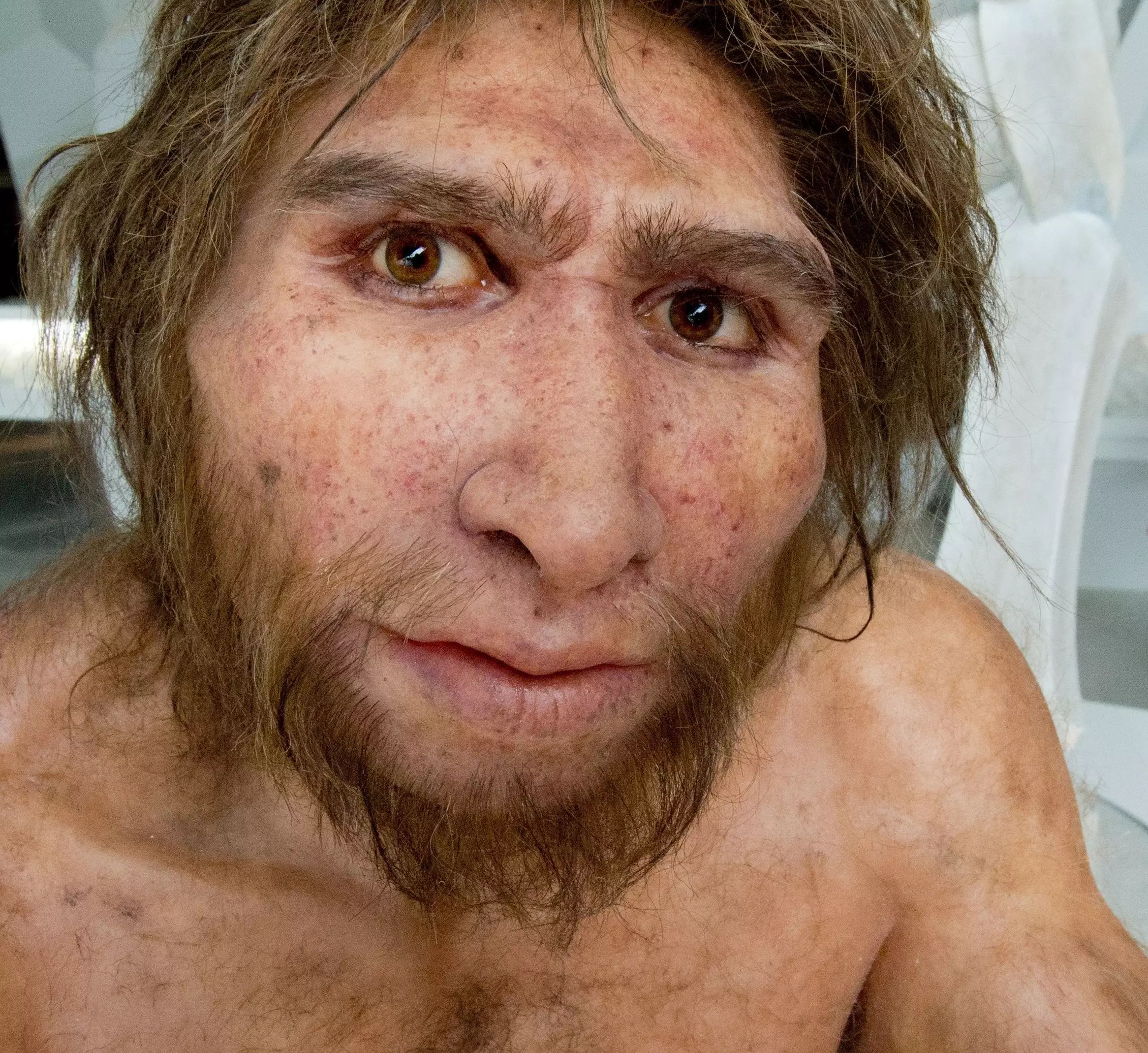
According to a controversial new study, everything we thought we knew about where human beings originated from could be wrong.
It is widely understood that humans came out of Africa millions of years ago. However, according to the authors of a new study, the textbooks might have to be rewritten.
Researchers claim to have found a footprint in Crete, Greece, that could fundamentally alter the narrative of early human evolution, and that it's possible our ancestors were in modern Europe far earlier than we initially believed.
Ever since researchers found fossils of our early ancestors in South and East Africa, in the middle of the 20th century, the history of humanity has largely been set in stone.
But the footprint discovered in Crete dates back 5.7million years, meaning that humans may have been exploring central Europe for much longer than we knew.

The footprint was discovered in Crete (Credit: PA)
Advert
"This discovery challenges the established narrative of early human evolution head-on and is likely to generate a lot of debate," said Professor Per Ahlberg, who was an author on the study.
"Whether the human origins research community will accept fossil footprints as conclusive evidence of the presence of hominins in the Miocene of Crete remains to be seen."
Ahlberg's study examined the characteristics of the footprint, in particular taking a close look at its toes. The researchers found that the footprint didn't have claws, walked on two feet and had inner toes that went out further than its outer ones.
"There's something slightly funny about the big toe," says Ahlberg. "Its position and shape are very similar to those of a modern human, but it seems to be more mobile."

Credit: PA
"They are almost without doubt actual footprints of a bipedally-walking animal," Robin Crompton, from the University of Liverpool, told The Independent.
All of this information led them to the conclusion that the foot appeared to belong to our early human ancestors, and it suggested that they were walking around Europe at an early time; far earlier than we ever believed possible.
The theory is highly controversial, given that it casts into doubt our very understanding of human evolution, in fact, some prominent researchers have flat-out denied the possibility of human life having come out of anywhere but Africa.
"There are people who simply dismiss the idea because they think it's just not possible," says David Begun from the University of Toronto, Canada.
Advert
"But it's widely accepted that what became the African savannah fauna - giraffes, antelopes, rhinos - those species lived in the southern Balkans and migrated from there into Africa."
Source: The Independent, New Scientist
Topics: Africa